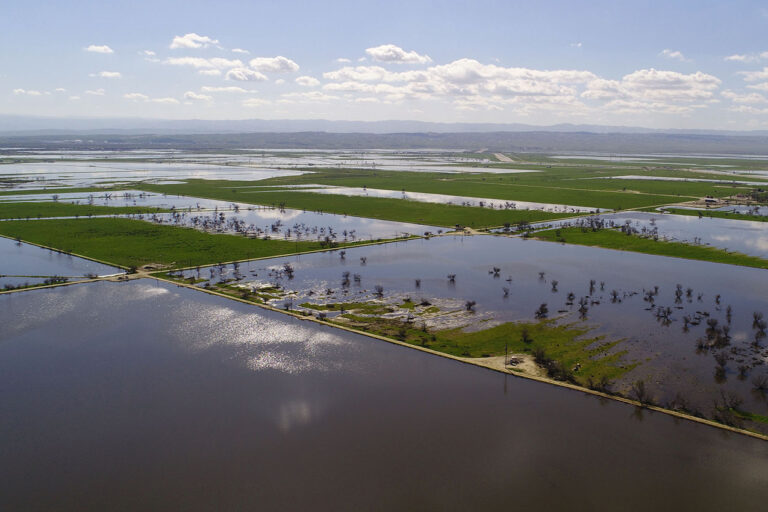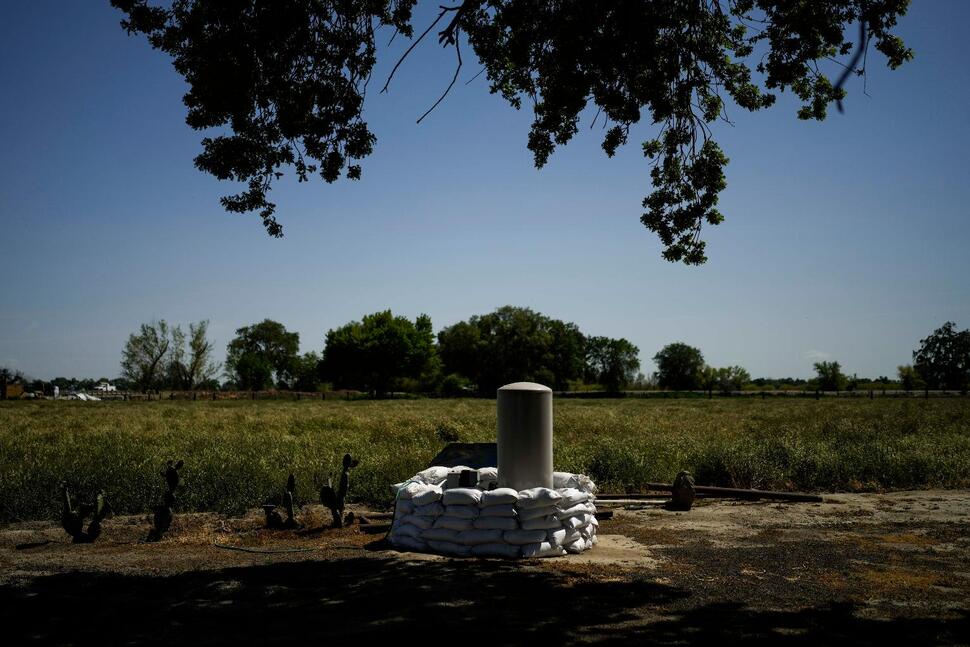California is considering stepping in to regulate groundwater use in a part of the San Joaquin Valley, prompted by concerns over local water agencies’ failure to devise sustainable management plans. The State Water Resources Control Board is poised to hold a hearing to determine whether to assume temporary oversight of groundwater pumping, a move that would mark a significant departure from the usual local control.
Local stakeholders, particularly farmers represented by organizations like the Kings County Farm Bureau, are apprehensive about state intervention. They argue that local expertise and flexibility are vital for implementing effective management strategies and groundwater recharge projects. They express skepticism about the state’s capacity to manage groundwater resources effectively without sufficient local input.
The hearing is viewed as a pivotal moment for evaluating the efficacy of California’s groundwater regulations enacted a decade ago in response to overpumping and drought-induced challenges. Despite efforts by local agencies to draft management plans, such as those in the Tulare Lake Subbasin, concerns persist over declining groundwater levels, land subsidence, and water quality degradation.

San Joaquin Valley (Credits: PPIC)
Potential state intervention could entail requirements for groundwater extraction reporting and fee imposition, along with the installation of water use meters for larger pumpers. The Tulare Lake Subbasin, a crucial agricultural region producing various crops like milk, pistachios, cotton, and tomatoes, is particularly affected by these developments.
Local farmers, like almond grower Doug Freitas and dairy farmer Joaquin Contente, express concerns over the potential consequences of state regulation, including fees and pumping caps. They emphasize the need for more time and assert that punitive measures could significantly impact their livelihoods.
Amidst discussions within local groundwater agencies regarding fee implementation and pumping limitations, there’s a sense of urgency to demonstrate concrete steps toward addressing groundwater sustainability. Agency directors like Dennis Mills stress the importance of tangible actions to forestall state intervention and address pressing groundwater management issues effectively.
Ultimately, stakeholders like Dusty Ference advocate for maintaining local control to empower farmers and communities in managing groundwater resources. They highlight the collaborative nature of addressing groundwater challenges and emphasize the need for comprehensive, community-driven solutions to prevent catastrophic outcomes in the region.























